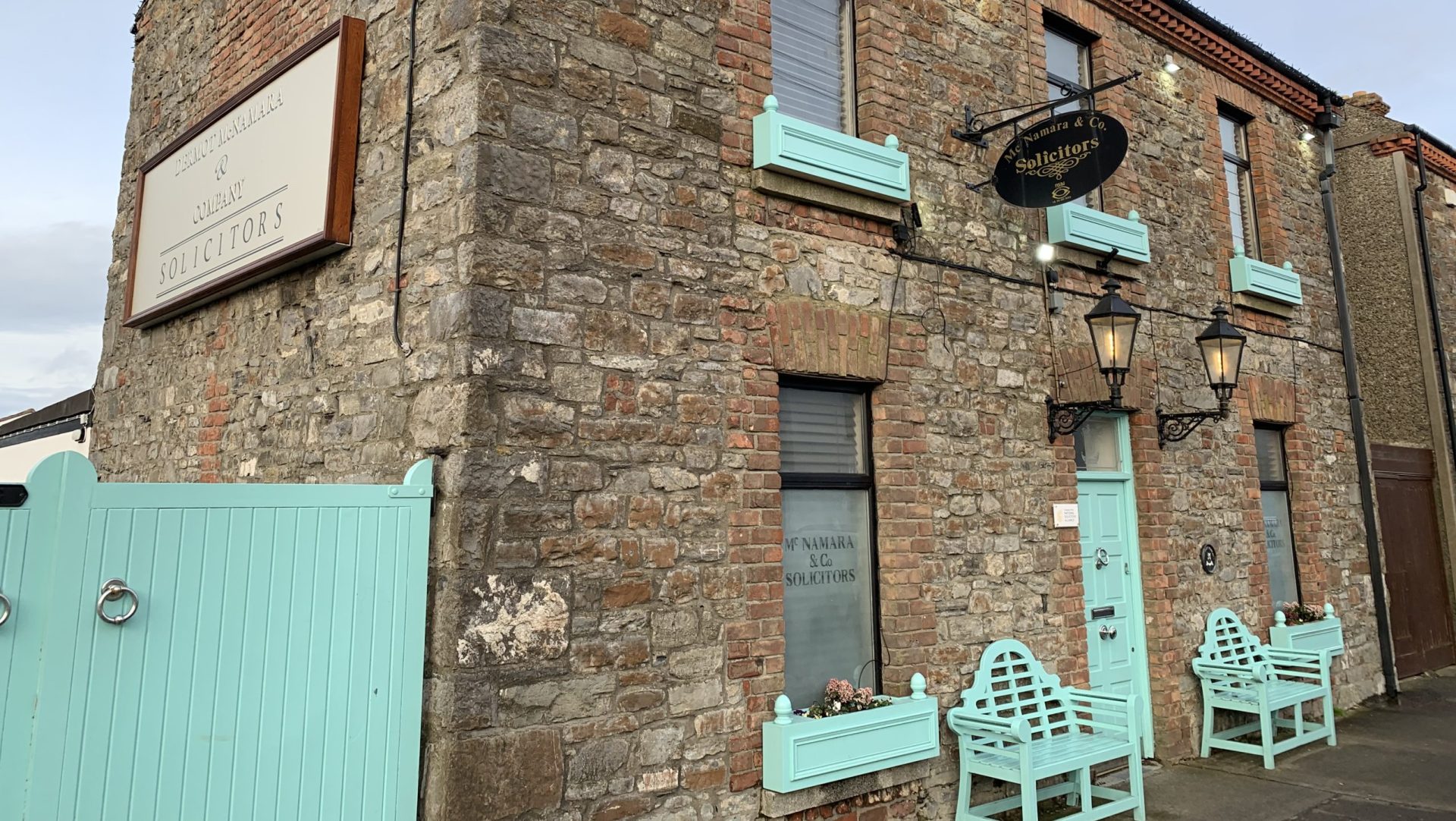Six Misconceptions About Medical Negligence
- An injured party has three years within which to bring a claim.
Incorrect. The law has been changed and a claim must be brought within two years of the event giving rise to the injury.
- A person is entitled to compensation once it can be shown that there was an adverse consequence to the treatment / surgery received.
Incorrect. There are many procedures that have known risks associated with them. Once the patient has been advised of those risks they are deemed to have made informed consent and therefore the hospital/medic is not responsible for the injury/adverse consequence.
- A claim cannot be made against a hospital / medic once they prove that they did their best to treat the patient.
Incorrect. It entirely depends upon the circumstances as to whether a claim exists against the hospital / medic. Even if they did their best to remedy the adverse affect, they may not have done as quickly as they should.
- A patient can apply for legal aid to being a case against a hospital/medic for medical negligence.
Incorrect. There is no provision for legal aid in such cases.
- No claim for compensation can be made if a family member dies as a result of medical neglect.
Incorrect. The next of kin are entitled to bring a case against the hospital/medic if they can prove that the death was caused by medical neglect. In addition, family member who suffer “nervous shock” (that is post traumatic stress disorder, etc) as a result of the death may be entitled to seek compensation.
- Medical Negligence cases are extremely expensive to bring and Solicitors will require all of their fees to be paid in advance of a hearing.
Incorrect. Whilst it is correct to say that medical negligence cases are extremely expensive to bring, in some cases a Solicitor is prepared to bring a case on a a no win no fee basis.

